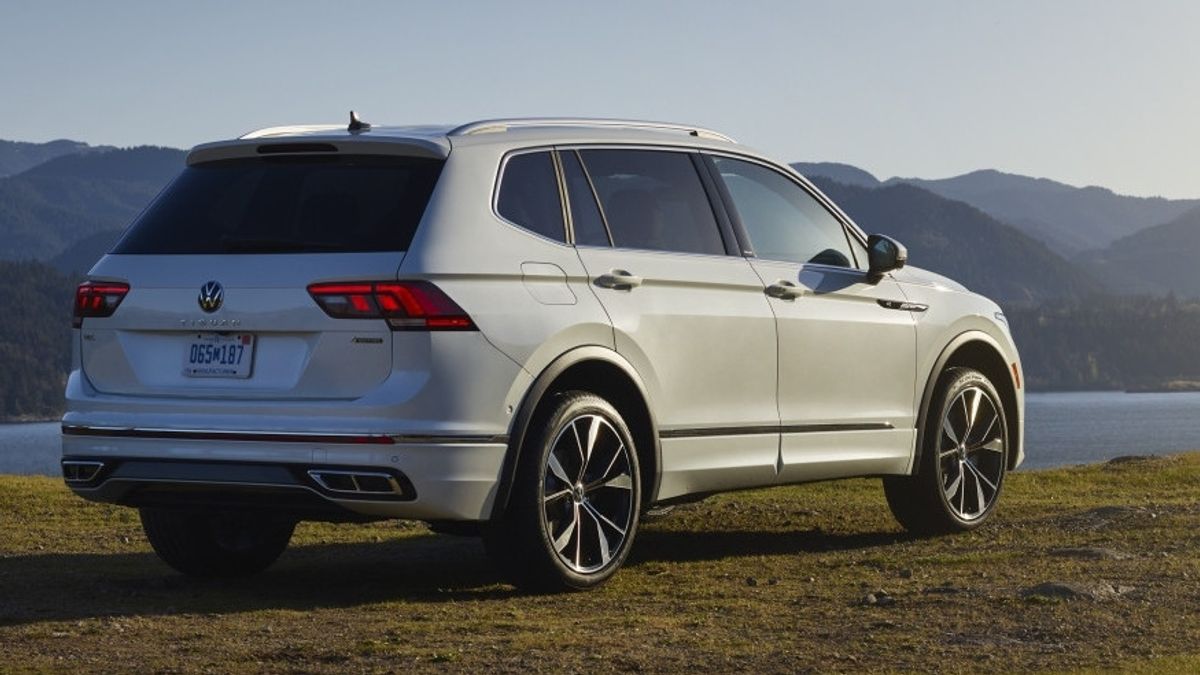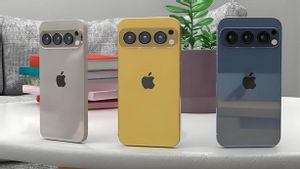JAKARTA - Among the major changes in car automotive designs over the past few years is the introduction of touchscreen dashboards but what has a big influence is the presence of haptic technology on the steering wheel without the need to press the button again.
Especially for haptic technology at the wheel, it was launched in 2019 and many manufacturers adopted it. Haptic control at the wheel allows drivers to adjust functions such as sound system volume, digital dashboard mode, and cruise control speed/distance, all with touch.
However, it turns out that this technology has been heavily criticized and many consumers, especially in Europe, are asking to be returned to its original shape with its buttons. German car giant Volkswagen in October 2022, said it would join other manufacturers to step down from the launch of touch-haptic controls and return physical buttons to its future models, Carscoops reported, October 24, 2022.
Most recently, in an interview with Autocar, June 19, Volkswagen CEO Thomas Sch Wayfer, acknowledged that the frequently criticized use of touch control on his brand cars has had a significant negative impact on loyal enterprise consumers. However, he promised to bring a simpler and more functional interior design to all future Volkswagen cars.
Schrypter said this during the launch of Volkswagen Tiguan's latest generation pre-production. It shows that the cabin design on the Tiguan crossover is fully updated and different from Volkswagen ID 3 and Volkswagen Golf.
Striking changes exist in Tiguan to elements heavily criticized on Volkswagen's control systems, such as nonluminous climate control sliders and haptic steering buttons have been removed. Instead, there is a new turn controller on the central console for fast access to driving mode and volume settings.
This effort was made by Sch Marifer in response to criticism from customers and made Volkswagen cars easier to operate.
"We frustrated customers who shouldn't have been frustrated. So we've spent a lot of time now working very systematically," he said.
To address this issue, Volkswagen has involved a large team to systematically evaluate all the functions normally used by customers when operating the vehicle. They determine which functions are most important and which one should use the button or screen. This process takes quite a long time and involves detail analysis.
Schrypter stressed the importance of achieving consistency in interior designs across Volkswagen's ranks. Once the desired formula is achieved, Volkswagen will not change it drastically when it launches a new model. This aims to ensure that customers can easily operate Volkswagen cars without confusion.
This decision will also have an impact on the new generation Passat and Golf which will be launched in the near future.
While it's unclear to what extent Volkswagen will change the minimalist interior design on their ID electric cars, the production version of the ID 2All concept which will roll out in 2025 is expected to bring radical changes compared to the existing ID 3, ID 4, ID 5, ID 7, and ID Buzz.
The English, Chinese, Japanese, Arabic, and French versions are automatically generated by the AI. So there may still be inaccuracies in translating, please always see Indonesian as our main language. (system supported by DigitalSiber.id)













